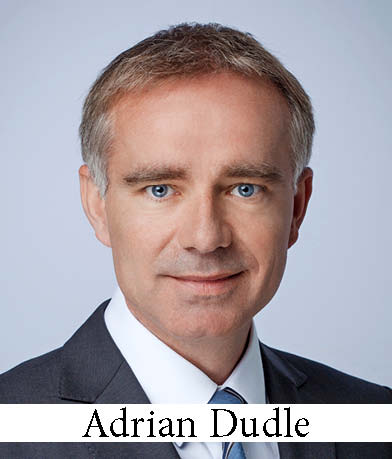Hogan Lovells has advised the TMF Group on its acquisition of the UCMS Group. TMF Group funded the acquisition from existing cash resources, and financial terms of the transaction were not disclosed. Wolf Theiss advised the TMF Group on Romanian law matters, George Z. Georgiou & Associates advised on Cypriot law matters, and Walder Wyss advised on Swiss law matters. Keystone Law advised the sellers on the deal.
The TMF Group is a leading provider of high value business services to clients operating and investing globally. UCMS Group is one of Central Eastern Europe’s most established independent payroll, HR, and accounting providers.
Founded in 2006 and headquartered in Budapest, with other offices in Hungary, Poland, and Romania, UCMS Group is managed by Group CEO Bela Kakuk, who will remain involved with the business following completion of the acquisition. Kakuk commented: “This deal is a significant milestone for the business and presents multiple opportunities. Becoming part of TMF Group combines our skill-set and leverages their global reach, to continue premium delivery of payroll, HR and accounting services in the Central Eastern European region. It will be exciting to build on our successes with TMF Group.”
With 300 employees across CEE, UCMS Group is well-known for its technological capability in delivering effective payroll, HR and accounting services for established corporates, as well as businesses looking to enter the region.
Juraj Gerzeni, the Regional Director for EMEA at TMF Group, commented: “This transaction helps TMF Group in our vision to grow the business in Central Eastern Europe. UCMS Group has a strong foothold there, providing payroll, HR and accounting services to many blue-chip international companies. This is an excellent operational fit, supported by high quality management; I look forward to working with Bela and the team.”
In 2015, UCMS Group sold its operations in Russia and Ukraine to 1C, a software and service provider in Russia and the former CIS countries. UCMS Group Russia will continue to operate in Russia and the former CIS countries, delivering services to its customers under the UCMS brand.
TMF Group’s financial advisers to the transaction were PriceWaterhouseCoopers. The seller’s advisers were Concorde MB Partners.
The cross border Hogan Lovells team was led by Budapest-based Partner Christopher Noblet, supported by Senior Associate Laszlo Jen. Other members of the team included Hogan Lovells Warsaw-based Partner Marek Wroniak and Counsel Tomasz Zak.
The Keystone Law team advising UCMS was led by Corporate and Commercial Consultant Solicitor Matthew Duggan.
From Wolf Theiss, Partner Bryan Jardine and Associate Mircea Ciocirlea primarily advised on this transaction in Romania.



